In the rich tapestry of African literature, women have been pivotal figures, shaping narratives, and amplifying voices across the continent and beyond. As we celebrate the contributions of African women in publishing, let’s explore 10 fascinating facts that highlight their remarkable impact and legacy:
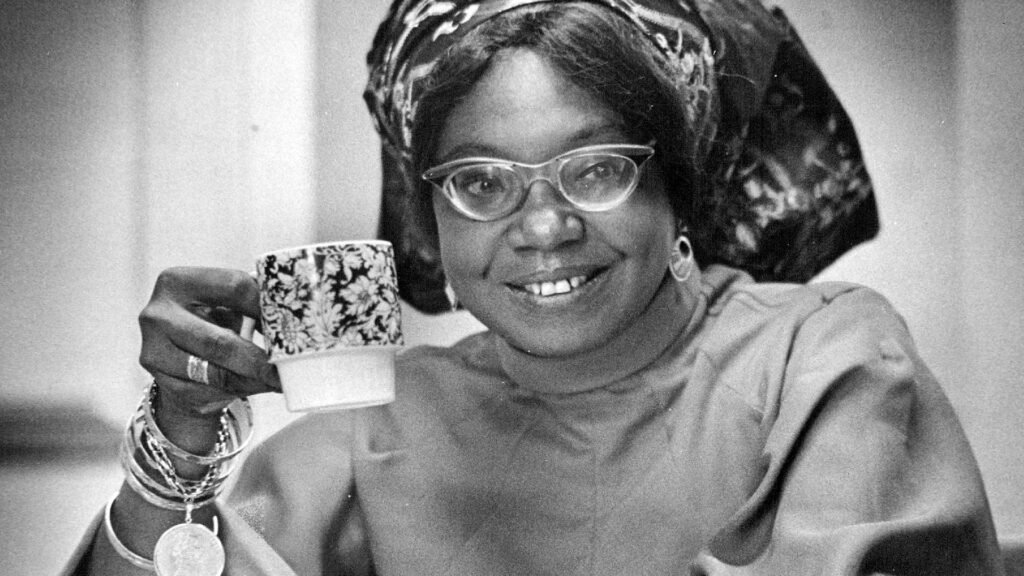
Chinua Achebe’s Literary Muse
Flora Nwapa, often referred to as the “mother of modern African literature,” was the first Nigerian woman to publish a novel in English. Her groundbreaking work, “Efuru,” paved the way for future generations of African women writers.
Image Credit: sahistory.org
The Birth of African Feminist Literature
Buchi Emecheta, a Nigerian-born British author, explored themes of gender, identity, and empowerment in her novels. Her acclaimed works, including “The Joys of Motherhood” and “Second Class Citizen,” inspired a new wave of African feminist literature.
Image Credit: NewYorkTimes
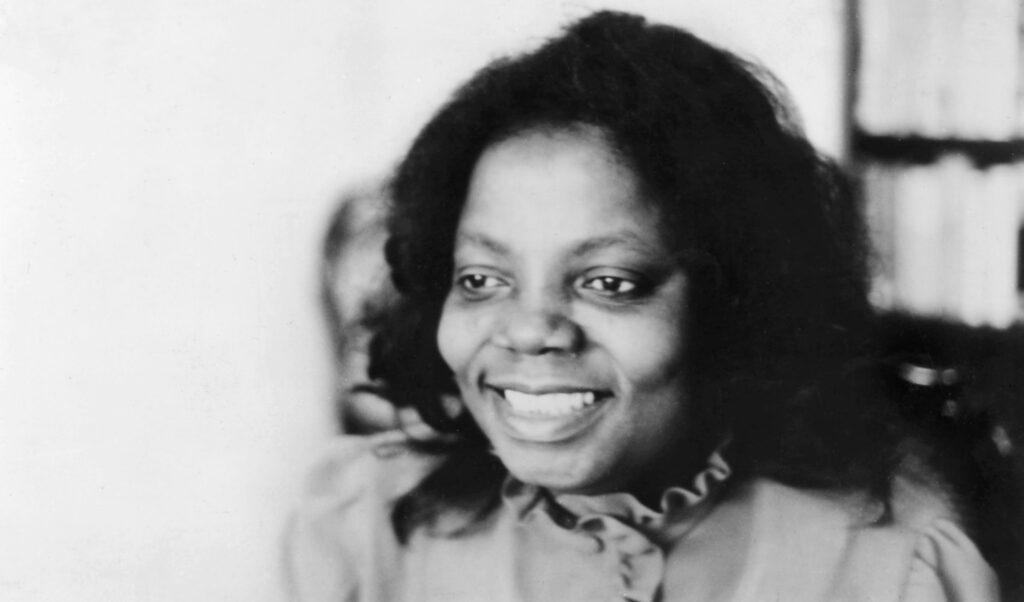
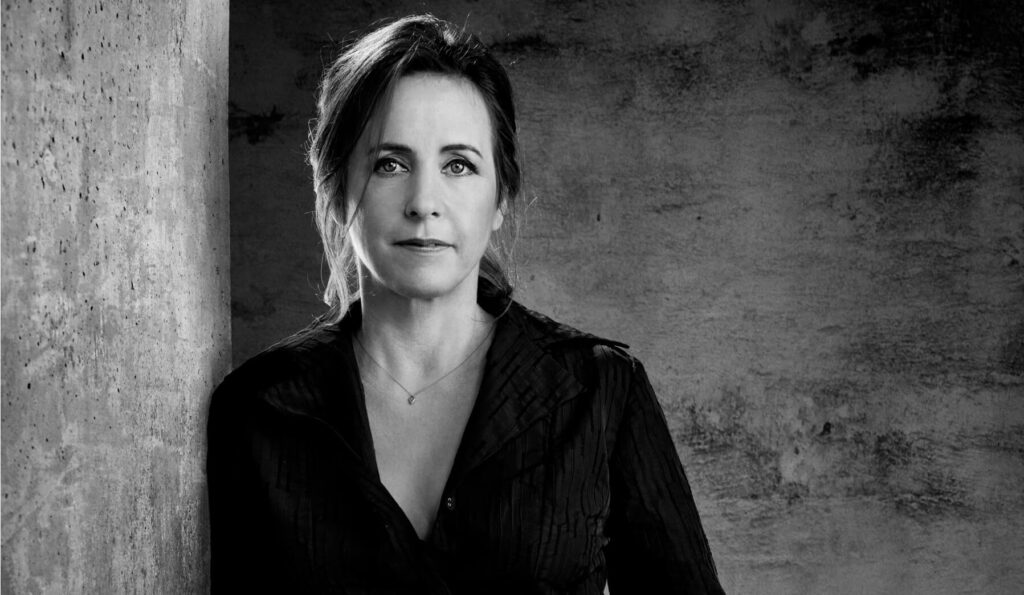
The Queen of Crime Fiction
Margie Orford, a South African author, is known for her gripping crime novels set in Cape Town. Her Detective Clare Hart series has garnered international acclaim, showcasing the diversity and complexity of South African society.
Image Credit: celebratesouthafrica.com
Nobel Laureate in Literature
Nadine Gordimer, a South African writer and political activist, was awarded the Nobel Prize in Literature in 1991. Her novels, such as “July’s People” and “Burger’s Daughter,” shed light on the apartheid regime and its impact on individuals and families.
Image Credit: Los Angeles Times
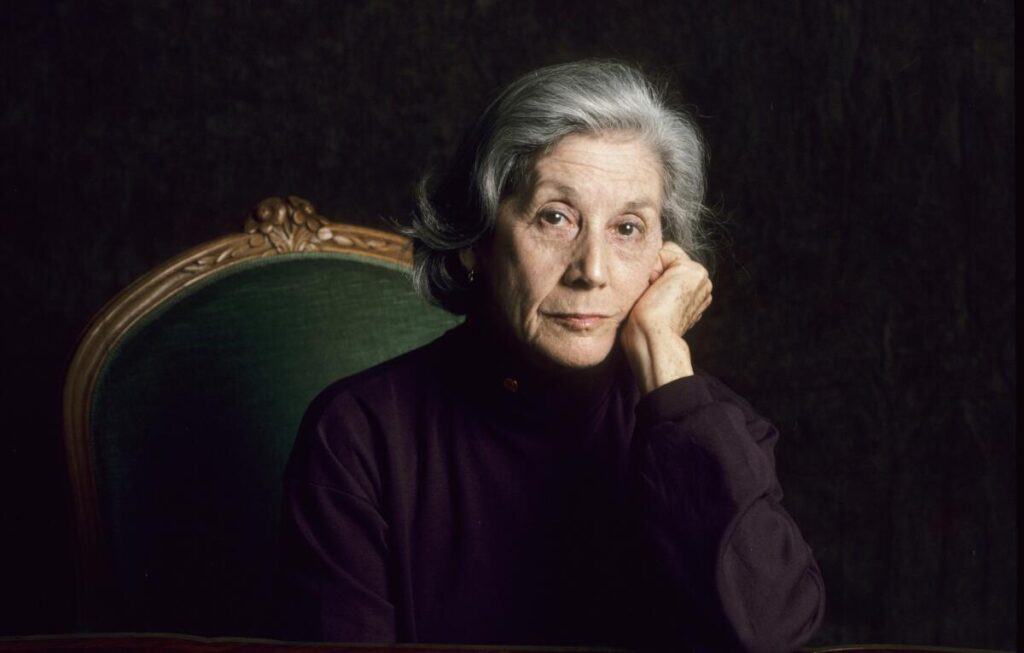
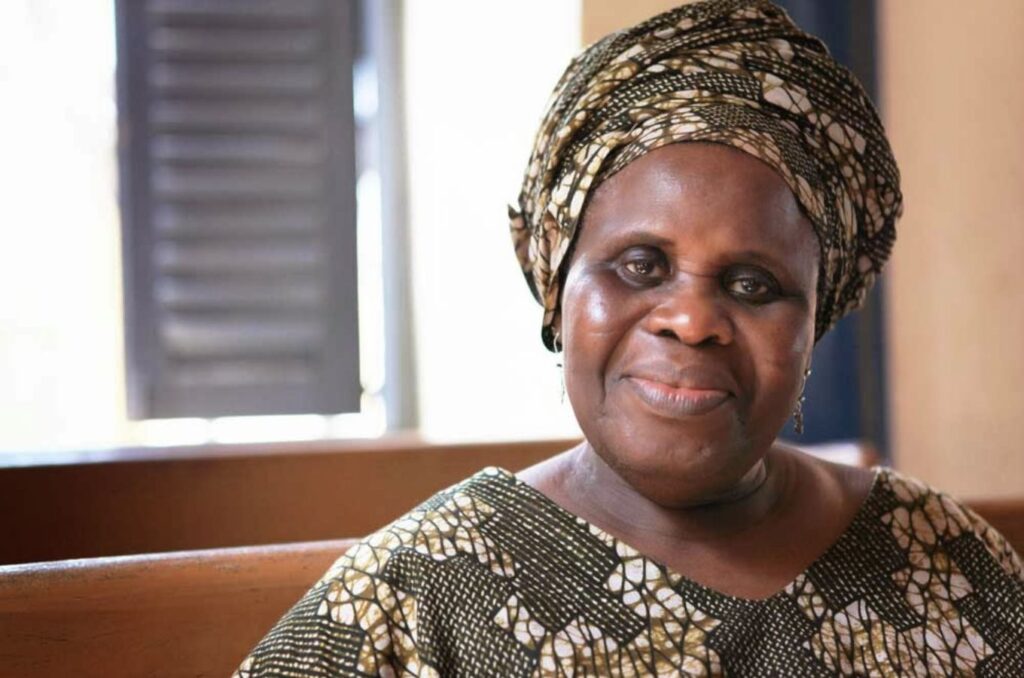
A Literary Icon’s Legacy
Ama Ata Aidoo, a Ghanaian author, playwright, and academic, is celebrated for her pioneering works in African literature. Her novel “Changes” and play “The Dilemma of a Ghost” explore themes of tradition, modernity, and women’s liberation.
Image Credit: brittlepaper.com
Breaking Barriers
Sefi Atta, a Nigerian author and playwright, made history as the first African woman to win the Wole Soyinka Prize for Literature in Africa. Her novel “Everything Good Will Come” received critical acclaim for its portrayal of female friendship and resilience.
Image Credit: kinbiliofiction.com
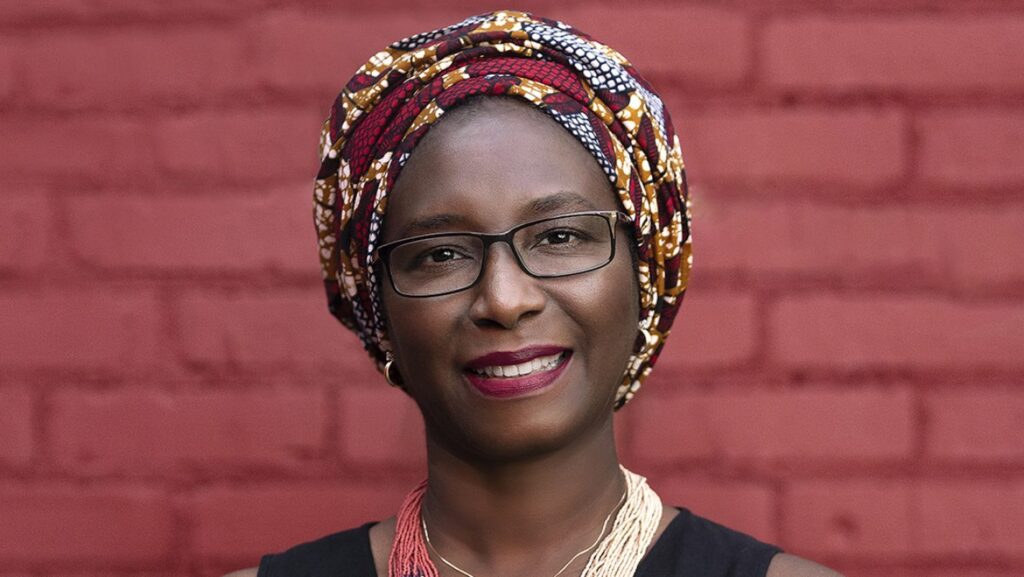
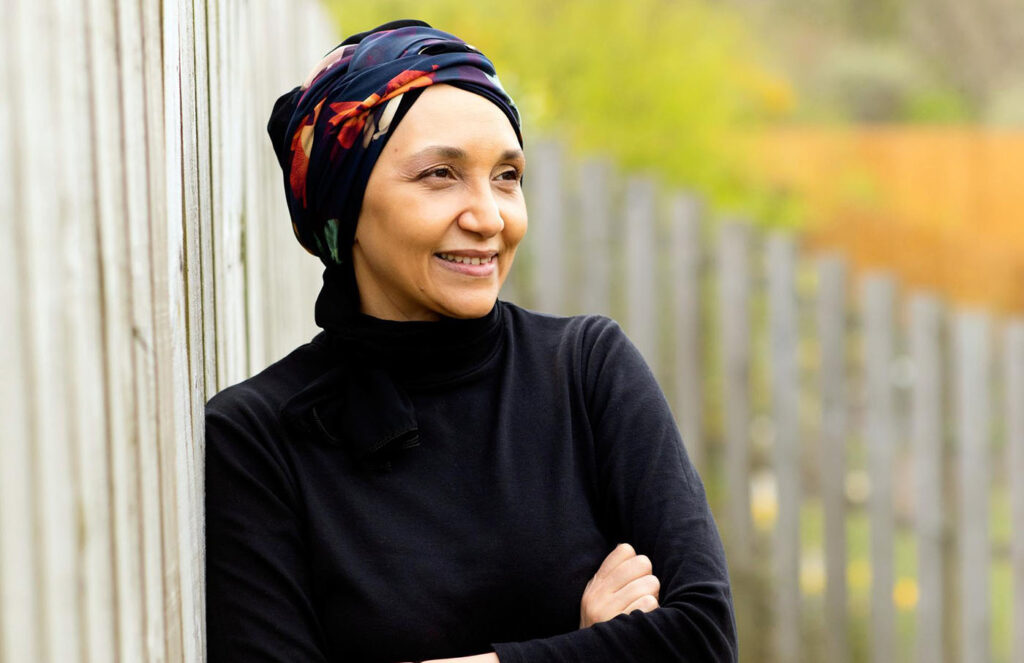
A Voice for the Voiceless
Leila Aboulela, a Sudanese author, is renowned for her poignant novels exploring themes of identity, migration, and cultural belonging. Her work, including “Minaret” and “The Translator,” offers profound insights into the human experience.
Image Credit: themarkaz.org
Literary Entrepreneurship
Bibi Bakare-Yusuf, a Nigerian publisher and founder of Cassava Republic Press, has played a pivotal role in promoting diverse voices in African literature. Her publishing house champions emerging writers and amplifies marginalized narratives across the continent.
Image Credit: theafricancourier.de
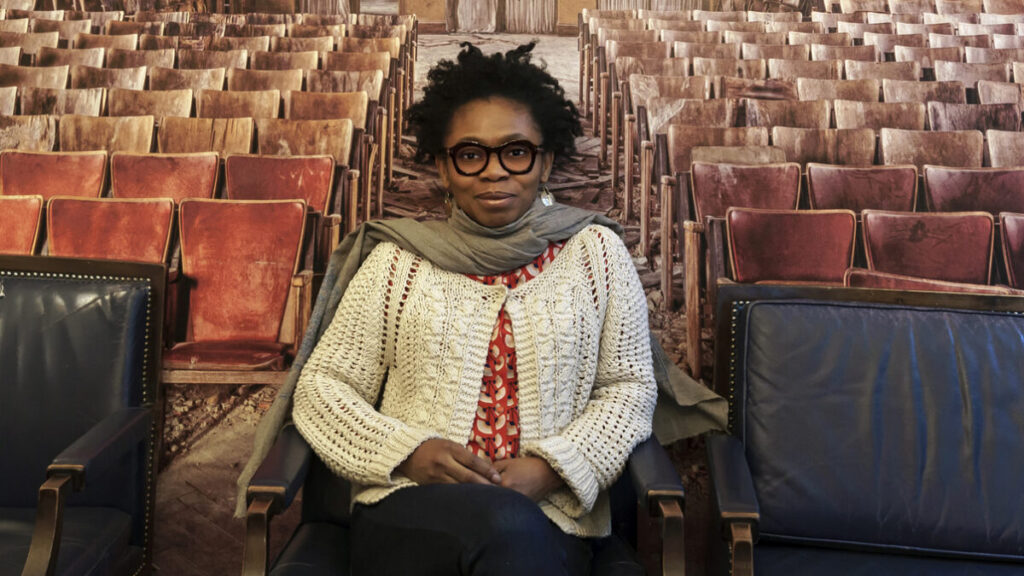
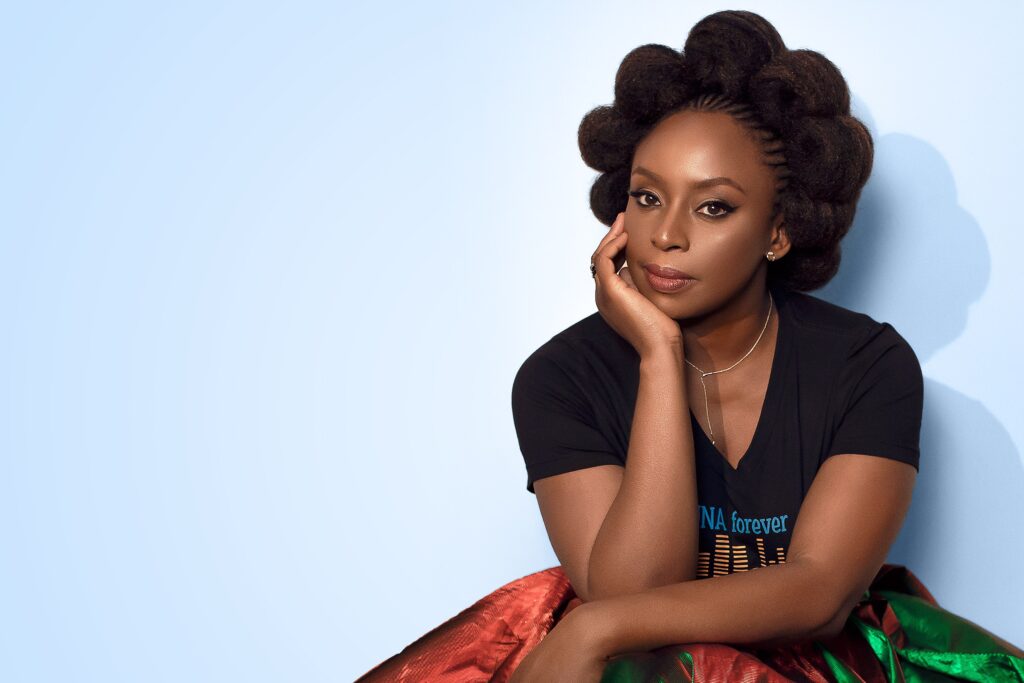
Award-Winning Storyteller
Chimamanda Ngozi Adichie, a Nigerian author, has received numerous accolades for her powerful storytelling and advocacy for gender equality. Her novels, including “Half of a Yellow Sun” and “Americanah,” have captivated readers worldwide.
Image Credit: thetimes.co.uk
A Rising Star
Jennifer Nansubuga Makumbi, a Ugandan author, gained international acclaim with her debut novel “Kintu.” Her immersive storytelling and exploration of Ugandan history and mythology have earned her a place among Africa’s literary luminaries.
Image Credit: literaturfestival.com
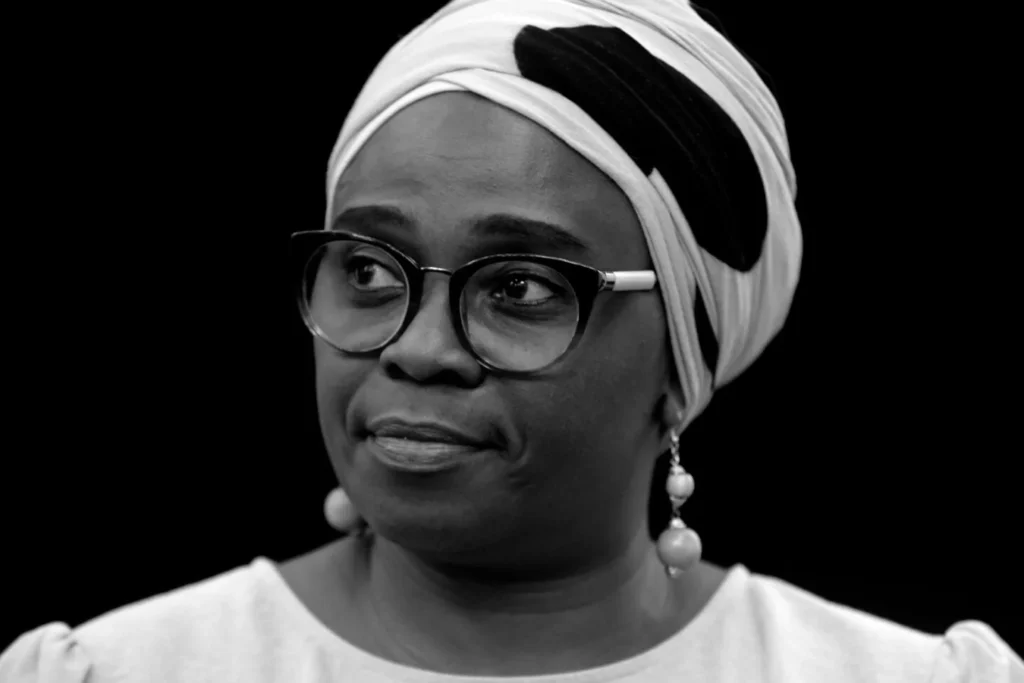
These 10 fascinating facts illuminate the diverse voices and narratives of African women in publishing. As we celebrate their achievements, let’s continue to honor and uplift their stories, ensuring that their voices resonate far and wide. #AfricanWomenInPublishing #LiteraryTrailblazers #internationalwomensday #womensday #womensday2024 #iwd24


